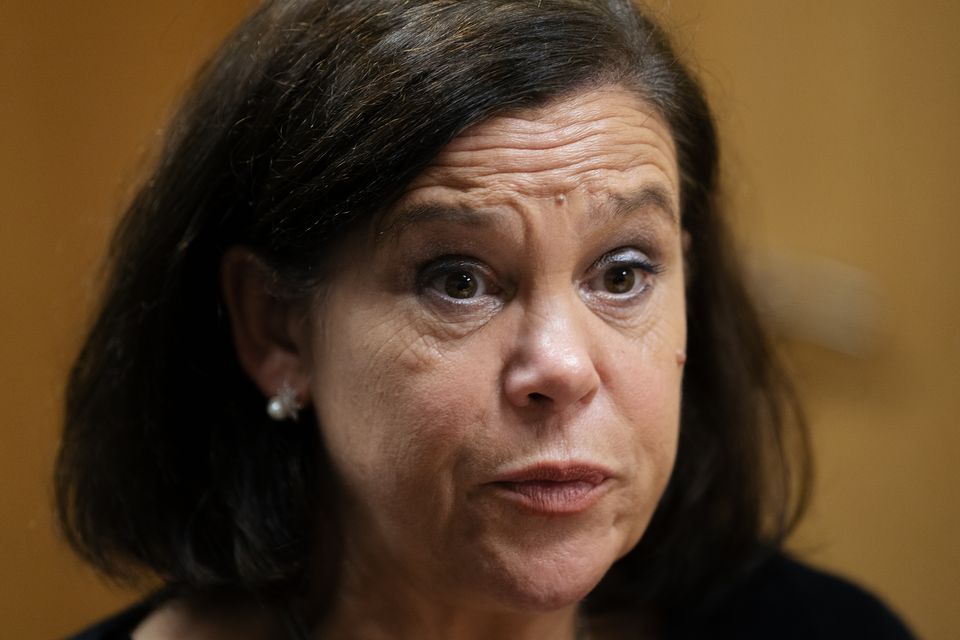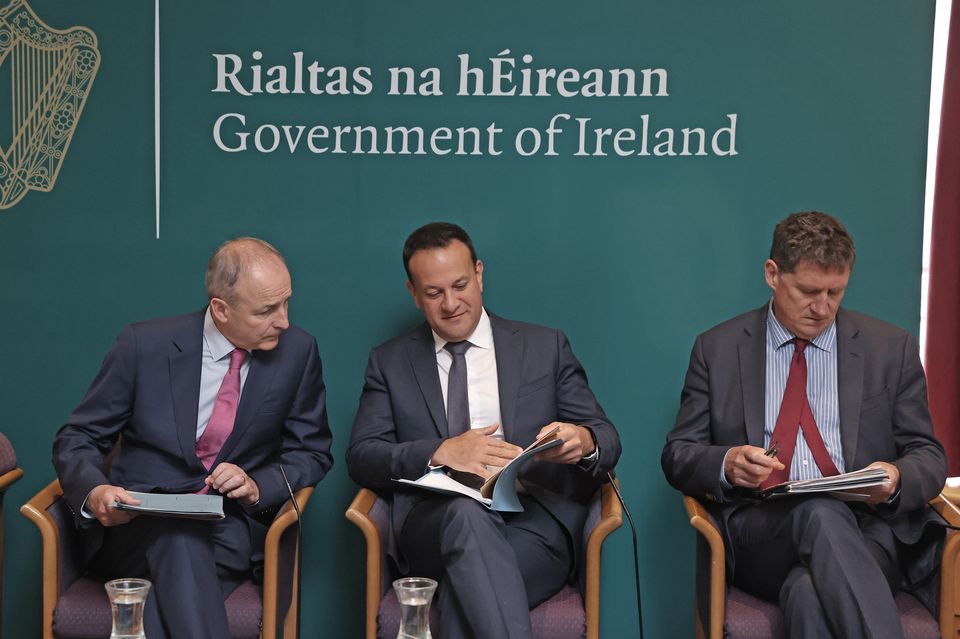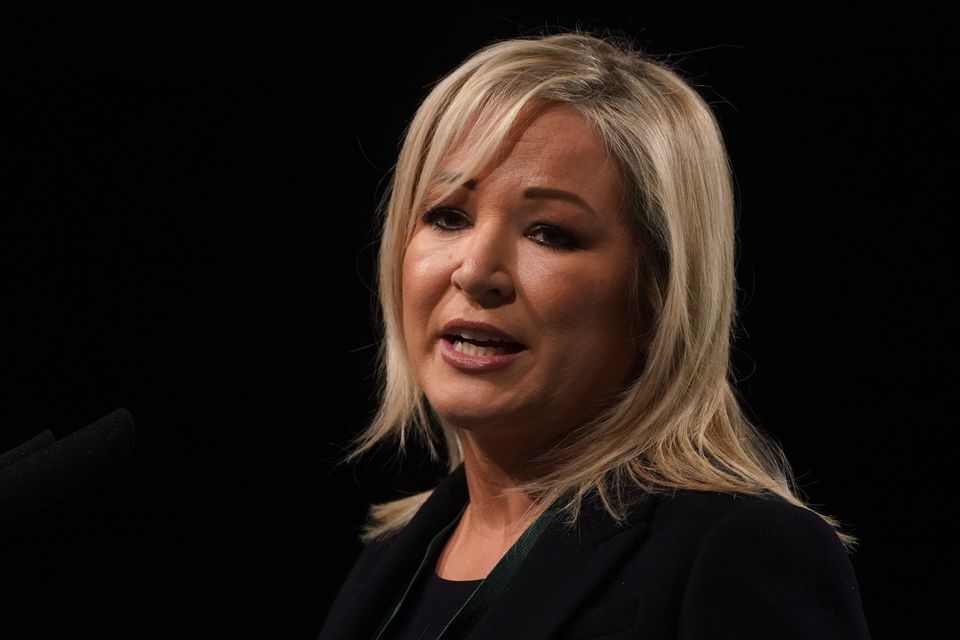UK
Ten Times Workers Won in 2023
ByTaj AliTRIBUNE
31.12.2023
As 2023 draws to a close, Tribune looks back at ten landmark trade union victories — showing how organised workers are fighting back against greed and exploitation.

RMT UNION LEADER Mick Lynch joins the picket line outside Liverpool Lime Street station. (Photo by Peter Byrne / PA Images via Getty Images)
This time last year, Britain was in the midst of the largest wave of strikes in decades. Workers had experienced the longest period of wage stagnation since the Napoleonic wars, and with the cost of living crisis biting harder in the colder months, many were taking to the picket line for the first time. From railway workers to nurses, posties to paramedics, people in Britain were demanding their worth.
Many of those disputes were settled this year. Some breathed a sigh of relief; others were left bitterly disappointed. To paraphrase Marx, workers made history, but not in circumstances of their own choosing.
Other battles continue into the new year. Doctors and train drivers have called further action in their respective disputes. Nurses, teachers, and firefighters are calling on politicians of all stripes to address historic pay erosion and a lack of investment in public services. Some have indicated they could be prepared to take strike action in 2024 if these issues are not satisfactorily addressed.
CPI inflation stood at 3.9 percent in November. It’s a significant drop compared to 10.7 percent the year before, but that doesn’t mean the economic woes of large chunks of the country will simply disappear in the new year — and it does mean that workers are still becoming worse off. In the last two years, energy prices have shot up by 66 percent, while food prices have gone up by 27 percent. For many, the cumulative effect will be devastating, and Westminster is offering nothing but more of the same.
The message to carry into the new year is that workplace organising remains vital, even if the subject of strikes is shifting out of the news headlines. To encourage readers as we mark the passage of another twelve months, here are ten times workers won victories this year — for themselves, their colleagues and their loved ones, and their class.
1. Bus Workers Drive the Fight for Fair Pay
Bus workers across the country have won a number of double-digit pay rises this year through industrial action. At the start of 2023, 1,800 Abellio drivers in London, members of Unite the union, won an 18 percent pay rise following months of strike action. A few months later, more than 3,100 National Express West Midlands bus drivers won a 16.2 percent pay rise following all-out and indefinite strikes.
In Manchester, more than 1,000 Stagecoach drivers won a 16 percent pay rise following strike action, and in nearby Oldham, First Bus drivers won a pay deal worth 18 percent. Go North East drivers, engineers, and administrators won 11.2 percent while Arriva drivers and engineers in Newcastle and Northumberland won 12 percent.
Some struggles, including the one involving London’s lowest paid bus drivers at the Westbourne Park Garage, continue into the new year, with the workers involved drawing strength from the numerous successes of their colleagues.
2. Ticket Offices Are Saved
From the very start of their dispute, the RMT union warned that the pay offer for rail workers came with strings attached: accepting driver-only trains, redundancies, attacks on terms and conditions, and ticket office closures. In July, the government announced plans to make the last of these a reality, by closing 1000 offices.
The plans were met with vocal opposition from railway workers, passengers, and equalities campaigners alike, who warned that the proposals would make the railways less safe and less accessible. Their quickly-formed campaign attracted support from across the country and across the political spectrum. Over 750,000 people eventually responded to the government’s consultation on the closures: the biggest response to such a consultation in British history.
The scale of opposition defied the government’s expectations, forcing them into an embarrassing U-turn. The campaign was described by Mick Lynch as a ‘victory for passengers, community groups and rail workers alike.’
3. Healthcare Assistants Win Backpay And Re-banding
Tens of thousands of healthcare assistants across the UK are expected to take on clinical responsibilities above their pay band without getting paid for it. Workers classed as Band 2, for example, are required only to undertake personal care responsibilities — but a decade of understaffing means that many also take and monitor blood, carry out ECG tests, attend to complex dressings, record patient observations and more. NHS guidance states these staff should be on salary Band 3, a difference worth nearly £2,000 a year more.
In the face of this injustice, Unison has been campaigning not just for re-banding for future duties, but for healthcare assistants to be compensated for all the years they’ve undertaken these additional duties. In August this year, Unison members at hospitals in the Wirral became the first in the country to take strike action over the issue. 13 days into the strike, they won what seemed to be a breakthrough — but their trust continues to obscure who qualifies for five years of backpay, meaning an additional three weeks of action have taken place throughout December with further action scheduled in January.
Elsewhere, however, the full victory has been won. In September, over 300 staff at Warrington and Halton Teaching Hospitals NHS Foundation Trust voted for industrial action, and following nine days of strike action, the Trust was forced to meet workers’ demands with an offer of retrospective regrading and back-pay to April 2018. Eight other health trusts in the North West, including East Cheshire and Mid Cheshire Trusts, have also moved their staff up to salary band 3 and provided the same back pay.
4. Airport Staff Win Bumper Pay Awards
This June, on the heels of numerous waves of strike action, with eighteen days taken between Easter and summer, thousands of security officers at Heathrow airport and members of Unite won pay rises worth between 15.5-17.5 percent.
Similar events were in action at Gatwick the following month, where ground handling staff employed by Menzies and also members of Unite secured a 13 percent pay rise including 17 percent for the lowest paid staff, as well as enhancements to annual leave and sick pay. DHL workers at Gatwick, too, won a pay deal worth 15 percent.
The biggest victory, however, was won by Menzies staff at Luton airport all the way back in January, when Unite announced its members had won a pay rise worth an incredible 28 percent.
5. University Staff Win Back Their Pensions
In 2020, university employers undertook to spuriously degrade the value of university staff’s pensions, using a rigged assessment to impose a massive 35 percent cut to the guaranteed retirement income of average members in the USS pension scheme. In 2022, the UCU held a national aggregated strike ballot, which meant all 67 universities in the pension dispute could be hit with strike action at the same time.
The dispute over pensions for university workers went back further than 2020, too, ultimately lasting as long as five years and garnering a massive 69 days of strikes during that time. This year, UCU members voted by 99 percent to accept an offer which reversed the 35 percent cut, meaning an extra £16-£18 billion will now go to university staff in their retirement. Writing in Tribune, Jo Grady pointed out the importance of pension wins for workers everywhere: ‘Pensions aren’t a luxury. They aren’t a gift from the bosses. They are deferred wages. They belong to us.’
6. Outsourced Cleaners and Caterers Win Big
In July, cleaners and catering staff employed by outsourcing giant ISS at four South London hospitals announced they had won a massive 17 percent pay rise. The victory came after the workers had already taken thirteen days of strike action, and in the face of another eight more due to take place that week — another piece of proof that striking works.
The win was rightly hailed by the workers and their union, the GMB, as a major one for the staff who keep our hospitals running, and are too often sidelined. As their regional officer Helen O’Connor has argued in the pages of Tribune, however, the only real way to achieve justice for these workers going forward is to bring them in-house, along with all other outsourced workers, and take the profit motive out of our health service entirely.
7. Merseyside Fire Control Staff Strike for Justice
In August, control room workers and members of the Fire Brigades Union at Merseyside Fire Control voted in overwhelming numbers — 100 percent on a 92 percent turnout — for strike action over a plan to reduce night-time staffing numbers in fire control and other attacks on terms and conditions.
The workers called eight days of strike action this month, but the strike was called off at the very last minute following negotiations. On 22 December members announced they had won a deal that would improve their work-life balance alongside a new duty shift system with a pay uplift of £6880 per year.
General secretary Matt Wrack pointed out that the initial plans represented a threat to public safety, as do all degradations to fire and safety services. Smaller-scale victories in local fire services build hope that the devastating cuts the fire service has suffered under Tory austerity for the last thirteen years can eventually be reversed in full.
8. Kingsmill Bakers Win More Dough
After years of pitiful pay, Allied Bakeries workers in Bootle went on strike this year to demand their worth. The workers, members of the Bakers, Food and Allied Workers’ Union (BFAWU), were classed as essential workers during the height of the pandemic. They had abandoned their strike during this time to assist with the national effort, donating over 25,000 packets of pancakes to food banks, hospitals, and nursing homes across the city. ‘We fed the nation, now we’re struggling to feed ourselves,’ said one worker.
A new report has found that nearly one in five workers in the industry are forced to rely on foodbanks – a ten percent increase in just three years. It is a damning indictment of the industry: workers increasingly unable to afford the food that they themselves produce.
The dispute with allied bakeries took place amid increased profits for the company. Allied Bakeries results for the first half of the financial year included a 17 percent increase in sales of its overall food business for the 24 weeks ended 4 March 2023, up to £5.3 billion.
After nearly 12 months of pay negotiations and little in the way of progress, workers felt they had no choice but to strike. Spirits were uplifted by solidarity on the picket line. Following strike action, workers in Bootle gained wage boosts of 8.7 percent this year, with an additional 8.6 per cent next year.
9. Outsourced Government Workers Win Back Cash
Following 34 days’ of strike action over the course of the year, cleaners, security guards, and support staff at three major government departments announced this month that they were calling off action after securing pay rises of up to 8 percent, which put them above the Real Living Wage.
The workers, members of the PCS union, are employed by outsourcing firm ISS at the Department for Energy Security and Net Zero, the Department for Business and Trade, and the Department for Science, Innovation and Technology. The pay deal was accompanied by further gains on full pay sickness leave and other terms and conditions, closing the gap between them and directly employed civil servants.
Like the GMB, PCS’s outgoing general secretary Mark Serwotka noted this victory as one step towards ‘ending the scourge of outsourcing that has seen a race to the bottom to maximise profits at the expense of our hard-working members.’
10. Government Defeated At High Court
The strike wave that rocked Britain last year saw a sharp legislative response from the government, including not only the widely criticised Minimum Service Levels Bill, but also a plan to force agency staff to replace striking workers. This year, 11 trade unions, coordinated by the Trades Union Congress and represented by Thompsons Solicitors, brought legal proceedings to challenge the change and to protect the right to strike.
In July, the case went to the High Court, and the government suffered a major defeat as judges ruled the strikebreaking regulations unlawful. The court ruled that then-Business Secretary Kwasi Kwarteng failed to consult unions as required by the Employment Agencies Act 1973, quashing the 2022 changes and decreeing that employers can no longer use agency staff to fill in for striking workers during industrial action. According to the court, the government had acted unfairly, unlawfully, and irrationally.
But this is only a temporary win as the government is still determined to bring its union-busting laws into effect. The Minimum Service Levels Act threatens striking frontline workers with the sack and trade unions that fail to comply with being sued into bankruptcy.
The laws have faced a barrage of criticism from civil liberties organisations, NHS employers, race equality groups, employment lawyers and, of course, the trade union movement. Mass protests have been held, and legal action is on the cards. But unions like the RMT and FBU are pushing for the trade union movement to go further: a mass campaign of defiance to defeat anti-union laws.
This year, a motion put forward by the unions at Trade Union Congress was passed, committing the TUC to build mass opposition to the Minimum Service Levels Act, up to and including a strategy of non-compliance and non-cooperation to make the anti-strike laws unworkable, including industrial action.
While seeing a vicious anti-worker government defeated in the High Court is a source of joy, it’s clear that legal action is simply not enough. As Mick Lynch told Tribune earlier this year, ‘When you go to court, it doesn’t mean the law is withdrawn. It means that governments learn how to comply with the law. If this law makes it so that people can’t go on strike, this movement will die. We can’t start from the basis that we’re just going to accept it.’
Defeating the government’s latest anti-strike law will be a key battle in 2024 and it matters for the very future of the trade union movement.
About the Author
Taj Ali is the editor of Tribune.



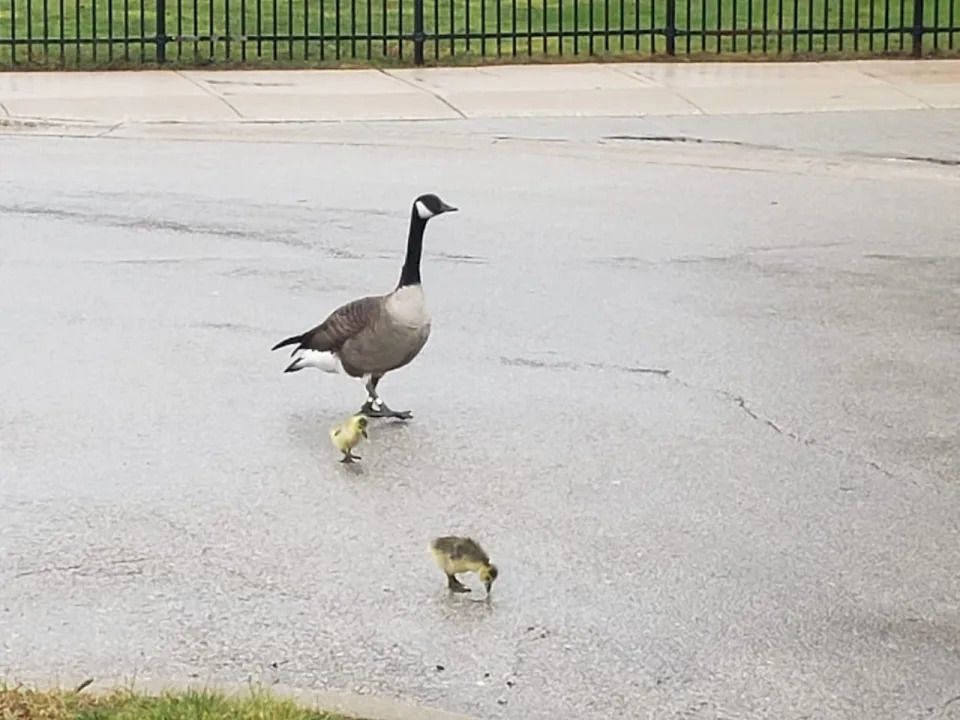

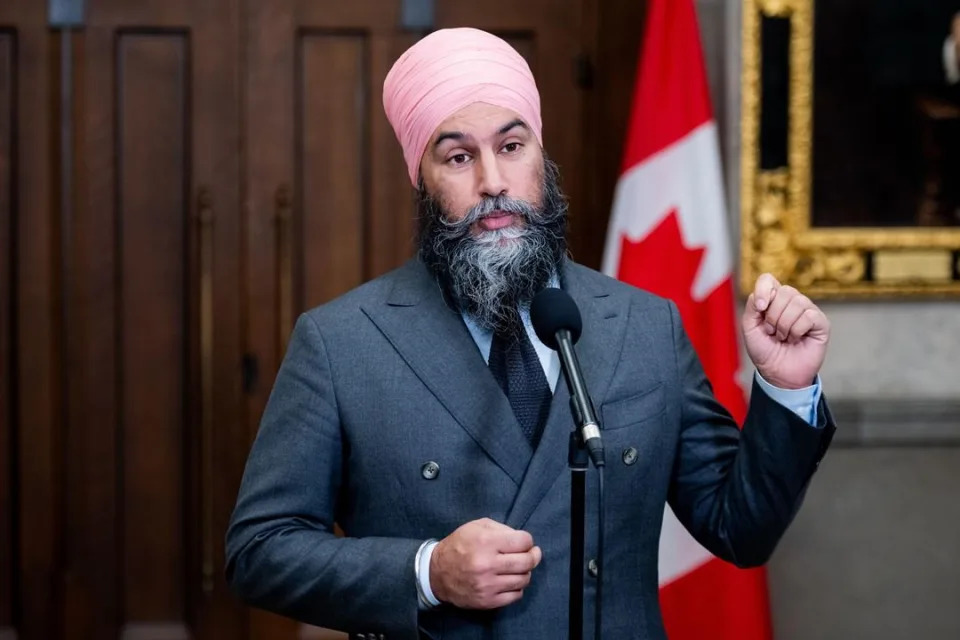


.jpg)

